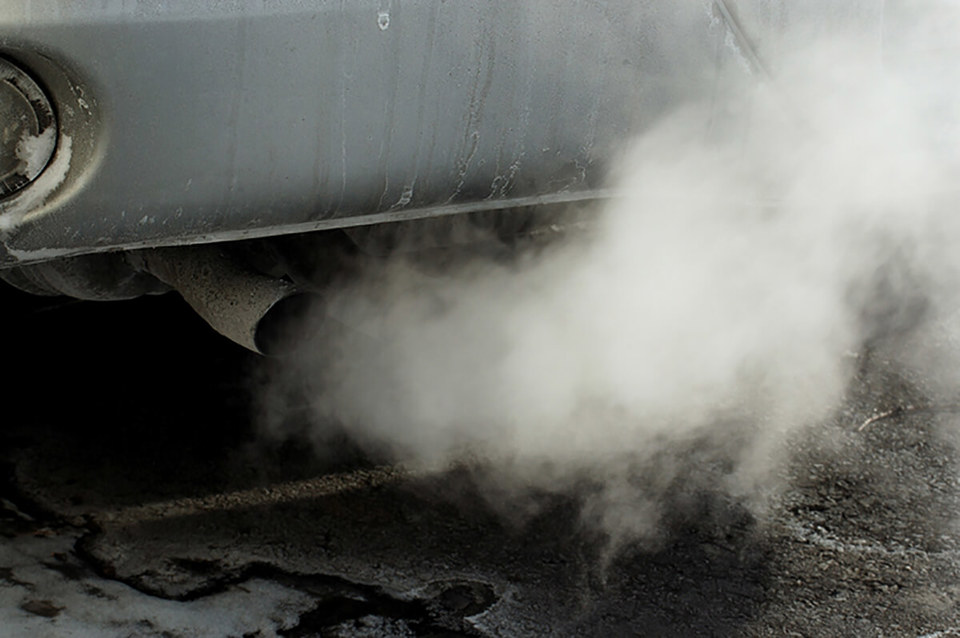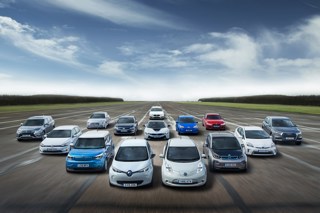The British Vehicle Rental and Leasing Association (BVRLA) has published a blueprint for delivering a “cost-effective” transition away from diesel vehicles in urban areas.
BVRLA members provide car sharing and vehicle rental and leasing to businesses and consumers across the UK, operating a fleet of more than 4.7 million vehicles, representing 1-in-8 cars, 1-in-5 vans and 1-in-5 trucks licensed to operate on UK roads.
Switching from vehicle ownership to vehicle usership can provide drivers of older vehicles with a cost-effective transport solution as members’ fleets are already compliant with the T-Charge emissions standards and will enable drivers to avoid the £10 daily charge placed on pre-Euro 4/IV diesel and petrol vehicles travelling in the zone, says the BVRLA.
Diesel vehicles are responsible for most of the roadside air quality issues faced by UK towns and cities, and their use in these areas needs to be phased out in a way that can improve public health while minimising the impact on local businesses and the wider economy, it says.
The BVRLA welcome the fact that the T-Charge does not penalise drivers of newer cleaner diesel vehicles and instead focusses on older, higher polluting vehicles.
Using the same methodology used by Government policymakers to assess their national air quality plan, the BVRLA has produced a blueprint for a managed transition that aims to reduce diesel market-share in the most environmentally and economically effective way.
Produced by Ecuity Consulting, the report - Diesel vehicle market-share reduction analysis - has four main conclusions:
- The Government should focus its efforts on reducing diesel car use in urban areas. Around one-third of car use is on urban roads and electric and hybrid cars represent an increasingly affordable alternative.
- A steady transition away from using diesel vehicles will enable the supply chain and consumers to move to alternative technologies without incurring too many costs.
- Government policy should focus on trying to reduce car ownership instead of just choosing alternative vehicles. A scrappage scheme that provides mobility credits for public transport, car club and car rental journeys could stimulate this behaviour change.
- The Government needs to provide a consistent clean air zone policy framework across the UK to avoid placing extra burdens or costs on people and businesses driving between urban areas.
“Diesel vehicles play an essential role in transporting goods and people around the country, but the emissions they produce on low-speed urban roads means they have no long-term future in our cities,” said BVRLA chief executive Gerry Keaney.
“We need a carefully blended set of incentives and restrictions that removes the oldest, most polluting diesel vehicles without crippling our economy or punishing people for decisions they have already made.



















Login to comment
Comments
No comments have been made yet.